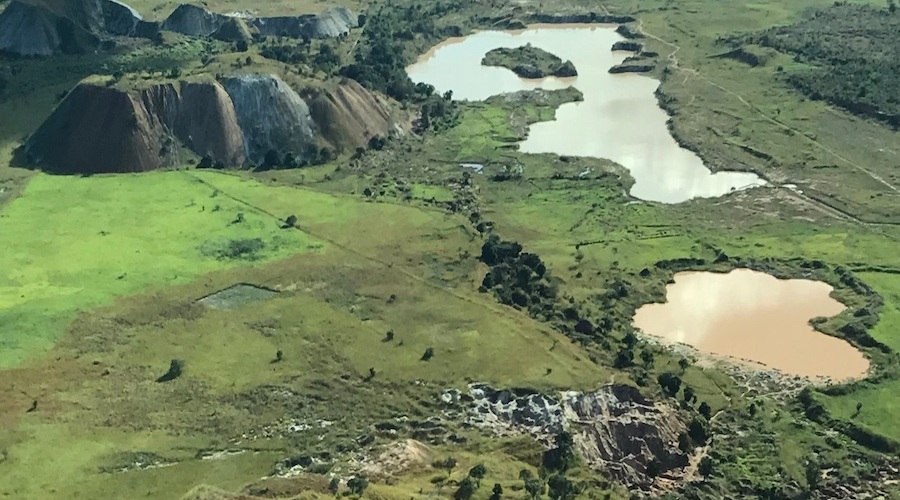Adani aims to wrap-up Australia project funding by March
India’s Adani Enterprises Ltd aims to tie-up financing for its Carmichael coal mine project in Australia by March 2018, a senior company executive told Reuters, adding it would look to sell a minority stake in the project to help raise funds.
Adani’s planned project in north-east Australia has been delayed for years as opposition from environmental groups led banks to steer clear of funding what would be the biggest coal mine in the country.
“By the end of this financial year, all things will be in place,” Jeyakumar Janakaraj, chief executive officer of Adani Australia, a unit of Adani Enterprises, said in a phone interview, referring to the current fiscal year ending in March.
While physical construction at the mine is scheduled to start in the next few weeks, Janakaraj said the company is in talks to secure loans from export credit agencies financing its mining equipment and also tying up other funding.
“The company is in advanced discussions in all these cases with merely term sheets under final negotiations,” he said, but declined to identify any of the agencies or lenders.
Janakaraj added Adani was looking to sell minority equity stakes in the coal project, which also includes a vital rail line, to financial institutions and contractors to help fund it.
Adani has been trying to get a A$900 million ($704 million) loan from Northern Australian Infrastructure Facility (NAIF) for its rail project.
Janakaraj, however, said it may not have to tap NAIF if its lenders provide sufficient debt funding for the rail line. Adani is looking at a debt-to-equity ratio of 45:55 for the mine, and 70:30 for the rail project, he said.
Adani sees the mining project turning profitable in three years at current coal prices, Janakaraj said.
Coal production from the mine will start in March 2020 and the company will end fiscal 2020-21 with production of 16 to 18 million tonnes, he said, adding the mine will produce 27 million tonnes the following year.
Seventy percent of the coal will be shipped to India, while the remaining coal will be sold in high demand regions of South East Asia such as Vietnam, Bangladesh, China, Philippines and Pakistan.
The company has also started discussions with the Australian government to enter the agri-commodity business and is drawing up a plan to export a million tonnes of pulses annually from the country.
“We are still to make a detailed plan on this,” he said. ($1 = A$1.2778)
(Reporting by Promit Mukherjee; Editing by Mark Potter and Alexander Smith)
{{ commodity.name }}
{{ post.title }}
{{ post.date }}




Comments